Review the potential benefits, risks, and possible side effects.
What to Expect
Initial Consultation
The initial consultation aims to assess whether TMS treatment is likely to be safe and effective for you and to help you understand how TMS compares with other available treatment strategies. We will review the potential benefits, risks, and possible side effects. If we feel that other treatments are more likely to be effective, we will advise you of this, in order to set the foundations for an honest and open treatment. In some cases, additional diagnostic testing will be recommended, such as hormone levels, other lab tests, sleep studies, or brain imaging.
What to Expect
Initial Consultation
The initial consultation aims to assess whether TMS treatment is likely to be safe and effective for you and to help you understand how TMS compares with other available treatment strategies. We will review the potential benefits, risks, and possible side effects. If we feel that other treatments are more likely to be effective, we will advise you of this, in order to set the foundations for an honest and open treatment. In some cases, additional diagnostic testing will be recommended, such as hormone levels, other lab tests, sleep studies, or brain imaging.
303-449-0318
Call Our Office
What to Expect
Initial Consultation
The initial consultation aims to assess whether TMS treatment is likely to be safe and effective for you and to help you understand how TMS compares with other available treatment strategies. We will review the potential benefits, risks, and possible side effects. If we feel that other treatments are more likely to be effective, we will advise you of this, in order to set the foundations for an honest and open treatment. In some cases, additional diagnostic testing will be recommended, such as hormone levels, other lab tests, sleep studies, or brain imaging.
 Rating
Rating
Is TMS Right For You?
TMS is a safe, non-invasive, and side-effect-free treatment option. Curious if it's right for you? Take the quiz or call
303-449-0318
to learn more.
Motor Threshold Determination
2.
Determining the ideal magnetic field strength for you, known as Motor Threshold Determination. During this part, we determine that we have the correct placement and the correct intensity by sending a magnetic pulse to your motor cortex. We know we have the correct spot when we see a slight twitch in your thumb, finger, or wrist with each pulse. We then lower the intensity until that twitch goes away. The intensity at which the twitch disappears is called the “Motor Threshold”
This process typically takes 45 to 60 minutes. You will experience a slight muscular twitch, but discomfort is rare. This session also serves to familiarize you with the TMS process, potentially alleviating any anxiety or apprehension you might have.
Is TMS Right For You?
TMS is a safe, non-invasive, and side-effect-free treatment option. Curious if it's right for you? Take the quiz or call
303-449-0318
to learn more.
Motor Threshold Determination
2.
Determining the ideal magnetic field strength for you, known as Motor Threshold Determination. During this part, we determine that we have the correct placement and the correct intensity by sending a magnetic pulse to your motor cortex. We know we have the correct spot when we see a slight twitch in your thumb, finger, or wrist with each pulse. We then lower the intensity until that twitch goes away. The intensity at which the twitch disappears is called the “Motor Threshold”
This process typically takes 45 to 60 minutes. You will experience a slight muscular twitch, but discomfort is rare. This session also serves to familiarize you with the TMS process, potentially alleviating any anxiety or apprehension you might have.
Is TMS Right For You?
TMS is a safe, non-invasive, and side-effect-free treatment option. Curious if it's right for you? Take the quiz or call
303-449-0318
to learn more.
Motor Threshold Determination
2.
Determining the ideal magnetic field strength for you, known as Motor Threshold Determination. During this part, we determine that we have the correct placement and the correct intensity by sending a magnetic pulse to your motor cortex. We know we have the correct spot when we see a slight twitch in your thumb, finger, or wrist with each pulse. We then lower the intensity until that twitch goes away. The intensity at which the twitch disappears is called the “Motor Threshold”
This process typically takes 45 to 60 minutes. You will experience a slight muscular twitch, but discomfort is rare. This session also serves to familiarize you with the TMS process, potentially alleviating any anxiety or apprehension you might have.
TMS Treatment Sessions
Once we've optimized your treatment parameters, your regular TMS sessions will begin. Here's what you can expect:
- Duration: 15 to 30 minutes per session, depending on your individualized treatment plan
- Environment: You'll be awake and alert, reclining in a comfortable chair similar to a dentist's chair
- Sensations: The magnetic pulses produce a moderate clicking sound and a tapping sensation on the scalp
- Comfort measures: We'll provide earplugs for hearing protection, and you're welcome to watch a video or listen to music during the session
- Post-treatment: You can drive and resume normal daily activities immediately after each session
- Side effects: Typically minimal, with some patients reporting mild, temporary headaches or scalp irritation
A standard course of TMS for depression involves sessions five days a week for four to six weeks, though this may vary based on your individual response. We'll regularly assess your progress and adjust the treatment plan as needed.
The Best Treatment For You
At Boulder TMS, your care and comfort are our top priorities. Our approach includes:
- Trained cordinators who are empathetic and attentive to your needs
- Regular check-ins to discuss your progress and address any concerns
- A comprehensive post-treatment plan to support your ongoing mental health journey
- A commitment to ensuring your satisfaction with the care you receive
We understand that each patient's journey is unique, and we're dedicated to providing personalized, compassionate care throughout your TMS treatment experience.
"Treatment here was a game-changer for me. I feel like my overall mood has improved on a daily basis, and there's been notable differences in my focus at work. It's pretty incredible, actually. The staff was great as well. Highly recommend this clinic for anyone seeking TMS."
Ryan Cwynar
More Rescources
Does TMS require sedation?
Learn More →TMS does not require sedation. All that is required is for the patient to sit still in the ergonomic treatment chair for the duration of treatment. Patients undergoing TMS therapy can return to their daily activities immediately following treatment.
Does insurance cover TMS therapy?
Learn More →Many insurance companies will cover a large portion of the cost of TMS treatment. At Boulder Center for TMS, we are often able to contract single-case agreements with insurance companies. This means that even if we are considered out of network by your insurance company, they will cover treatment at an in-network level. We research your insurance benefits for you and make sure you are aware of any out-of-pocket costs before beginning treatment so that you can make an informed decision based on your unique financial needs.
What are the common side effects of TMS?
Learn More →Unlike ECT (electroconvulsive therapy) where short-term confusion, memory loss, and long-term disruptions in memory have been shown to occur, TMS has little to no side effects. Some patients who undergo TMS therapy report headaches, fatigue, scalp soreness, or dizziness. However, these side effects are minor and tend to fade within the first week of treatment. The most serious side effect known side effect is seizure, though that only happens in roughly 1 in 200 patients. This is a very rare event that our staff is trained to handle.
Is TMS Therapy the same as Shock Therapy (ECT)?
No, the two procedures are very different. While both are effective in the treatment of depression, there are many differences in safety and tolerability. TMS is a non-invasive therapy that stimulates the activation of a patient’s brain with pulsed magnetic fields. During a session of TMS, patients will sit in a chair and are awake and alert throughout the entire 15-30 minute procedure – no sedation is used with TMS Therapy. Patients can transport themselves to and from treatment with ease. In contrast, "shock therapy", or electroconvulsive therapy (ECT), intentionally causes a seizure through the direct application of electrical current. Patients receiving ECT must be sedated with general anesthesia and paralyzed with muscle relaxants. Recovery from an ECT treatment session occurs slowly, and patients are usually closely monitored for minutes or even a few hours after a treatment.
Am I a good candidate for TMS?
Learn More →Our patients complete an initial evaluation appointment with our board-certified Psychiatrists to determine if TMS is a viable treatment option. During the appointment, we review your treatment and medication history. You will also have the opportunity to discuss your current medications and ask any remaining questions regarding treatment. This will help both you and the psychiatrists, to gauge if TMS is the right procedure for you.
Is TMS Right For You?
TMS is a safe, non-invasive, FDA-approved treatment that offers an effective alternative to medication. Take our 2-minute quiz to find out if TMS is the right option for you.
Take the quiz →

FDA-Approved
Treatment for depression and OCD.
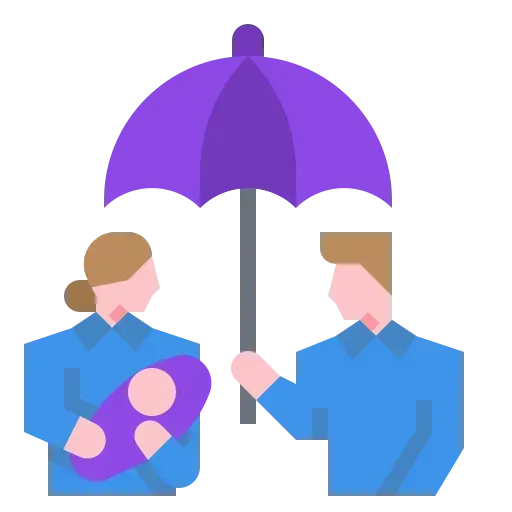
Insurance Coverage
Major insurance providers cover TMS therapy
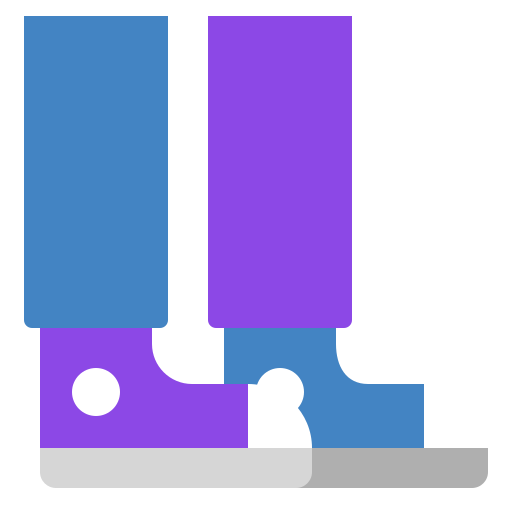
Outpatient
Receive treatment without disrupting your daily routine.
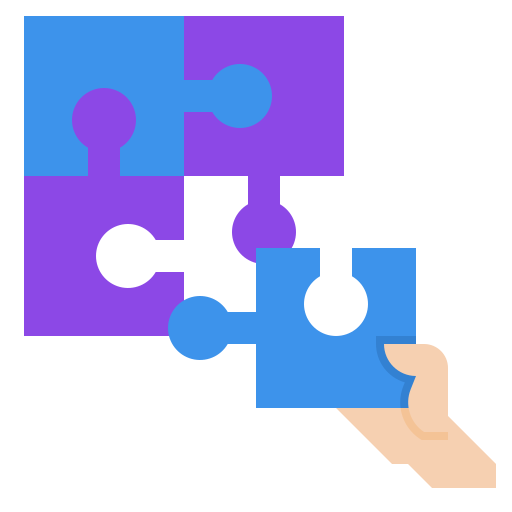
Holistic Care
Combine TMS with therapy or medication when needed.
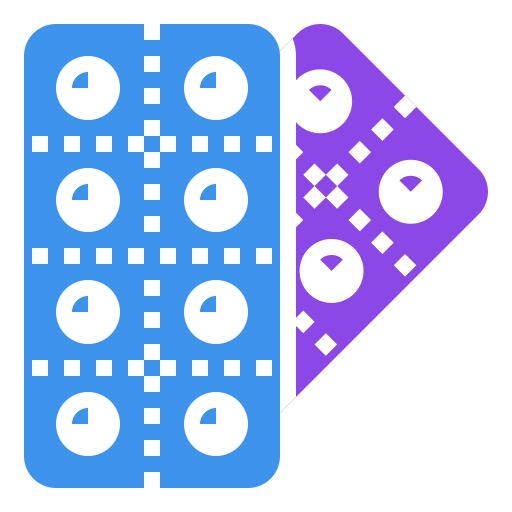
Drug-Free Alternative
Alternative option to antidepressants.
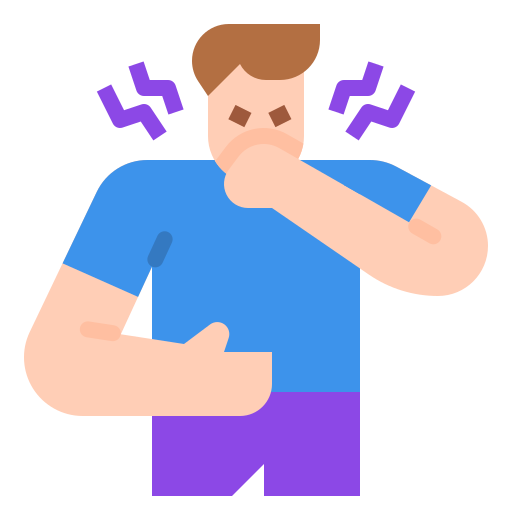
Minimal Side Effects
Safe and well-tolerated treatment option.
Your Free Consultation
Begin your TMS treatment journey today. Call
303-449-0318
or complete our simple online form.
Contact Us
We will get back to you as soon as possible.
Please try again later.
What Happens In My Consultation?
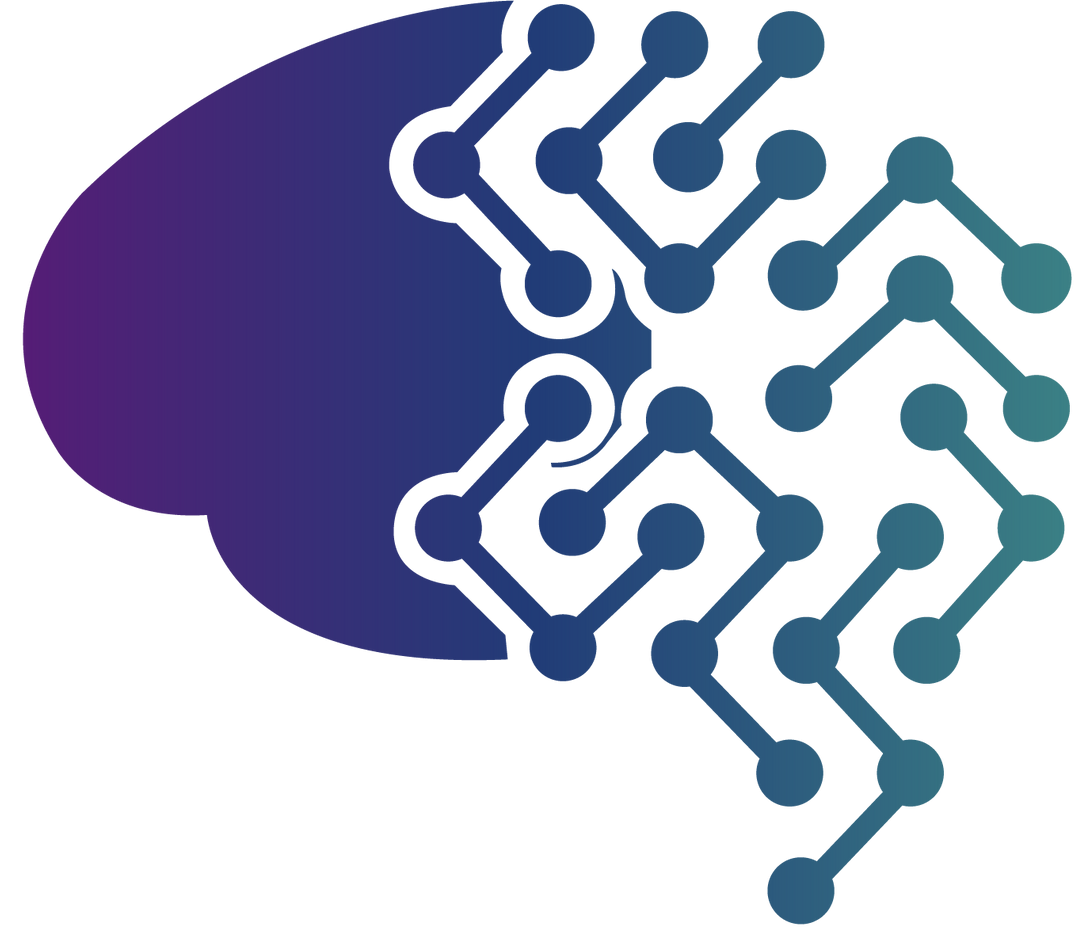

If we feel that other treatments are more likely to be effective, we will advise you of this.

In some cases, additional diagnostic testing will be recommended, such as hormone levels, other lab tests, sleep studies, or brain imaging.
What Makes Us Different?
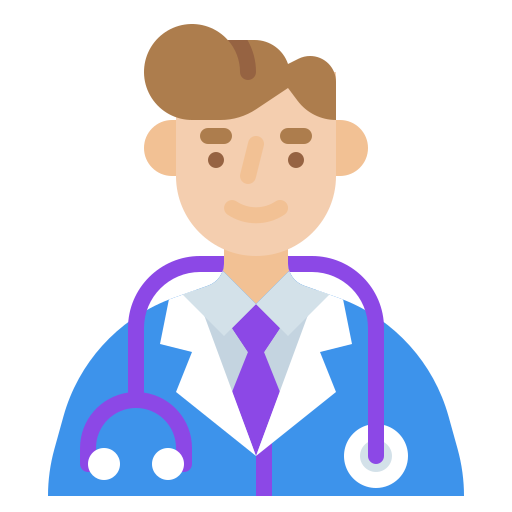
25 Years Combined Experience In TMS Treatment

FDA-Approved TMS Protocols, Ensuring Safe Treatment

Personalized Treatment Protocols Suit Your Specific Needs.
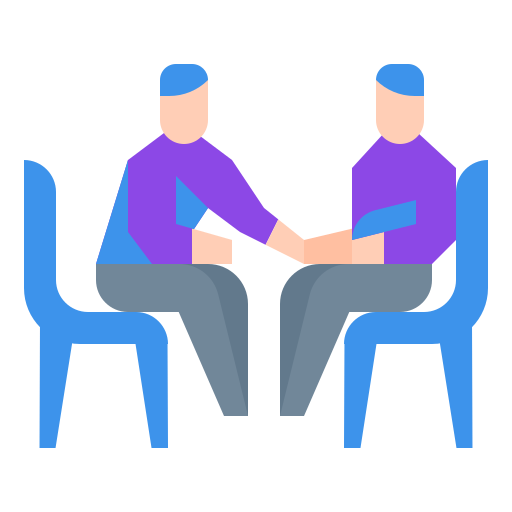
Integrate Therapy, Lifestyle Changes, & Medications.
TMS Treatment Sessions
Once we've optimized your treatment parameters, your regular TMS sessions will begin. Here's what you can expect:
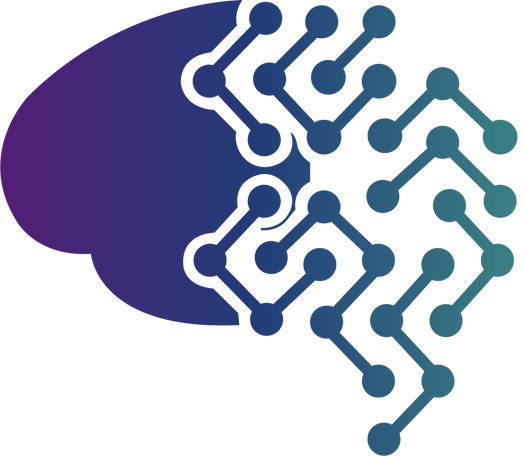
Duration: 15 to 30 minutes per session, depending on your individualized treatment plan

Environment: You'll be awake and alert, reclining in a comfortable chair similar to a dentist's chair

Sensations: The magnetic pulses produce a moderate clicking sound and a tapping sensation on the scalp

Comfort measures: We'll provide earplugs for hearing protection, and you're welcome to watch a video or listen to music during the session

Post-treatment: You can drive and resume normal daily activities immediately after each session

Side effects: Typically minimal, with some patients reporting mild, temporary headaches or scalp irritation
A standard course of TMS for depression involves sessions five days a week for four to six weeks, though this may vary based on your individual response. We'll regularly assess your progress and adjust the treatment plan as needed.
The Best Treatment For You
At Boulder TMS, your care and comfort are our top priorities. Our approach includes:

Trained cordinators who are empathetic and attentive to your needs

Regular check-ins to discuss your progress and address any concerns

A comprehensive post-treatment plan to support your ongoing mental health journey

A commitment to ensuring your satisfaction with the care you receive
We understand that each patient's journey is unique, and we're dedicated to providing personalized, compassionate care throughout your TMS treatment experience.
"Treatment here was a game-changer for me. I feel like my overall mood has improved on a daily basis, and there's been notable differences in my focus at work. It's pretty incredible, actually. The staff was great as well. Highly recommend this clinic for anyone seeking TMS."
Ryan Cwynar
More Rescources
Does TMS require sedation?
Learn More →TMS does not require sedation. All that is required is for the patient to sit still in the ergonomic treatment chair for the duration of treatment. Patients undergoing TMS therapy can return to their daily activities immediately following treatment.
Does insurance cover TMS therapy?
Learn More →Many insurance companies will cover a large portion of the cost of TMS treatment. At Boulder Center for TMS, we are often able to contract single-case agreements with insurance companies. This means that even if we are considered out of network by your insurance company, they will cover treatment at an in-network level. We research your insurance benefits for you and make sure you are aware of any out-of-pocket costs before beginning treatment so that you can make an informed decision based on your unique financial needs.
What are the common side effects of TMS?
Learn More →Unlike ECT (electroconvulsive therapy) where short-term confusion, memory loss, and long-term disruptions in memory have been shown to occur, TMS has little to no side effects. Some patients who undergo TMS therapy report headaches, fatigue, scalp soreness, or dizziness. However, these side effects are minor and tend to fade within the first week of treatment. The most serious side effect known side effect is seizure, though that only happens in roughly 1 in 200 patients. This is a very rare event that our staff is trained to handle.
Is TMS Therapy the same as Shock Therapy (ECT)?
No, the two procedures are very different. While both are effective in the treatment of depression, there are many differences in safety and tolerability. TMS is a non-invasive therapy that stimulates the activation of a patient’s brain with pulsed magnetic fields. During a session of TMS, patients will sit in a chair and are awake and alert throughout the entire 15-30 minute procedure – no sedation is used with TMS Therapy. Patients can transport themselves to and from treatment with ease. In contrast, "shock therapy", or electroconvulsive therapy (ECT), intentionally causes a seizure through the direct application of electrical current. Patients receiving ECT must be sedated with general anesthesia and paralyzed with muscle relaxants. Recovery from an ECT treatment session occurs slowly, and patients are usually closely monitored for minutes or even a few hours after a treatment.
Am I a good candidate for TMS?
Learn More →Our patients complete an initial evaluation appointment with our board-certified Psychiatrists to determine if TMS is a viable treatment option. During the appointment, we review your treatment and medication history. You will also have the opportunity to discuss your current medications and ask any remaining questions regarding treatment. This will help both you and the psychiatrists, to gauge if TMS is the right procedure for you.
Is TMS Right For You?
TMS is a safe, non-invasive, FDA-approved treatment that offers an effective alternative to medication. Take our 2-minute quiz to find out if TMS is the right option for you.
Take the quiz →

FDA-Approved
Treatment for depression and OCD.

Insurance Coverage
Major insurance providers cover TMS therapy

Outpatient
Receive treatment without disrupting your daily routine.

Holistic Care
Combine TMS with therapy or medication when needed.

Drug-Free Alternative
Alternative option to antidepressants.

Minimal Side Effects
Safe and well-tolerated treatment option
Your Free Consultation
Begin your TMS treatment journey today. Call
303-449-0318
or complete our simple online form.
Contact Us
We will get back to you as soon as possible.
Please try again later.
What Happens In My Consultation?

Review the potential benefits, risks, and possible side effects.

If we feel that other treatments are more likely to be effective, we will advise you of this.

In some cases, additional diagnostic testing will be recommended, such as hormone levels, other lab tests, sleep studies, or brain imaging.
What Makes Us Different?

25 Years Combined Experience In TMS Treatment

FDA-Approved TMS Protocols, Ensuring Safe Treatment

Personalized Treatment Protocols Suit Your Specific Needs.

Integrate Therapy, Lifestyle Changes, & Medications.
Your Free Consultation
Begin your TMS treatment journey today. Call
303-449-0318
or complete our simple online form.
Contact Us
We will get back to you as soon as possible.
Please try again later.
What Happens In My Consultation?

Review the potential benefits, risks, and possible side effects.

If we feel that other treatments are more likely to be effective, we will advise you of this.

In some cases, additional diagnostic testing will be recommended, such as hormone levels, other lab tests, sleep studies, or brain imaging.
What Makes Us Different?

25 Years Combined Experience In TMS Treatment

FDA-Approved TMS Protocols, Ensuring Safe Treatment

Personalized Treatment Protocols Suit Your Specific Needs.

Integrate Therapy, Lifestyle Changes, & Medications.








